"Do I need a customs broker for my shipment?" The short answer: "No, you don't need a customs broker for your shipment, but you'd be crazy not to hire one, anyway."
While the law does not mandate the use of a licensed broker, unless you've passed the customs broker exam yourself you should absolutely have one in your corner to garner customs clearance for imports on your behalf.
This is especially true as of late, while the complicated trade war between the United States and China continues on, with no end in sight, and new fighters entering the ring all the time.
What Is a Customs Broker?
When imported goods arrive in U.S. ports on commercial carrier ships, the shipment must first be registered by a qualified party. Those who make the grade include the owner of the shipment, the purchaser, an authorized employee, or most commonly, a licensed customs broker chosen by the consignee.
Customs brokers are shipping professionals who have proven to adeptly understand all things importing- and exporting-related, including:
- Customs Regulations
- The Harmonized Tariff Schedule
- Various Trade Agreements
- Note: The United States is currently locked into 14 trade agreements with 20 countries.
- Any Partnering Government Agencies Concerned With the Importation of Your Specific Commodity Type(s)
Customs & Border Protection
Customs brokers are licensed by Customs and Border Protection (CBP), the federal agency in charge of policing attempts to smuggle illegal products into the country. CBP is also the agency responsible for collecting duties and taxes (tariffs) on commodities that are entering the country. No commercially sold good may enter the United States until it is approved by CBP.
It's Really Hard to Be a Customs Broker
There's no two ways about it: Customs brokerage is complicated. Not only is it difficult in practice, it's tough just to become licensed to do so.
The pass rate for the Customs Broker Exam is extremely low; the rate of failure for the CBE consistently surpasses that of bar exam rates, by a long shot. For these reasons, there is a relatively low number of licensed customs brokers in the United States—about 11,000 active—that you can procure services from.
Keeping Up With the Tariff Actions
The already complex nature of international trade has recently been further exacerbated. Uncomplicated customs clearance is not a luxury easily enjoyed by importers stationed in a country involved in a trade war with China, the largest industrial nation in the world.
Free trade has largely been uninterrupted since the Reagan era, except perhaps during the global recession, so customs brokers are truly working within an unprecedented scenario here. If you are not in the ‘thick’ of things, it is nearly impossible to keep up with ongoing changes to the Harmonized Tariff Schedule, which outlines the statistical categories and applicable tariff rates for all merchandise imported into the United States. For more trade war news, sign up to receive the CAF Worldwide Quarterly Forecast.
Our Advice: Trust the Pros
To call the globalized market "complicated" would be a tragic understatement. The ineffable nexus that is international trade comprises the whole of shipping, importing, permits, licenses, logistics and so on...and every bit of it becomes relevant around customs brokerage time.
Customs brokerage alone involves:
- Filing Entries on All Goods Coming Into the United States
- Classifying Each Type of Commodity
- Ensuring Everything Is Properly Valued
- Validating All of the Details About a Shipment
- Paying Duties on Behalf of Importers (If They Have Not Paid Directly Themselves)
Although there is no legal requirement to use a customs broker for your shipments, most businesses lack the know-how to consistently comply with regulatory statutes, which change often and are specific to each country involved in the long sequence of processes necessary for the production and distribution of a commodity.
In short, if you are not an industry professional, you should leave customs matters to the pros. An experienced international freight forwarder with serious customs brokerage chops will keep things running smoothly when your shipments arrive at ports of entry—and that’s CAF Worldwide.
CAF Worldwide: Masters of Customs
A good customs broker collects and files information about shipments to gain approval for release at ports of entry. A great customs broker does that, and more, including strategic consultation regarding details of your supply chain.
An experienced international freight forwarder such as CAF Worldwide can help you navigate the adverse ramifications of the ongoing trade war by changing the source of your goods to a nation that is not subject to heightened duties, for example. When considering the current volatility of global trade, the importance of consulting with an informed, experienced international freight forwarder cannot be overstated.
To find out more about how CAF Worldwide can help with your imported goods, contact us, today.

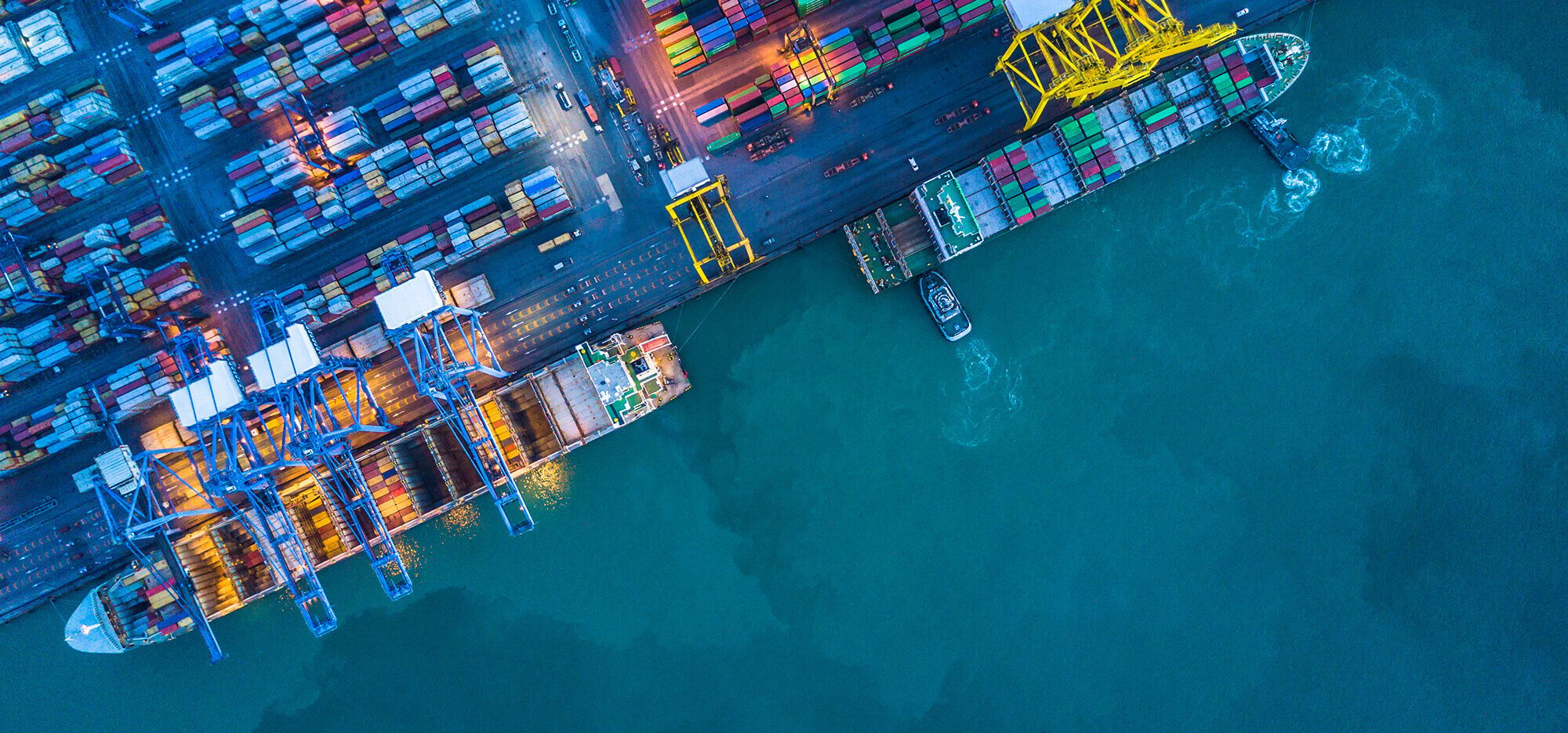

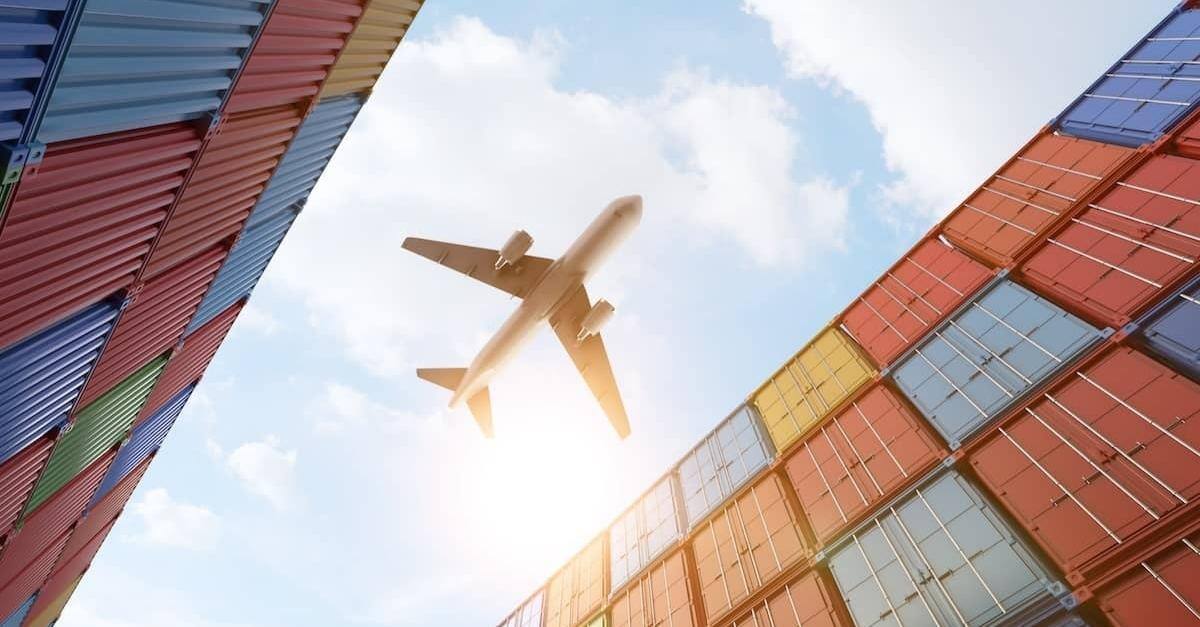
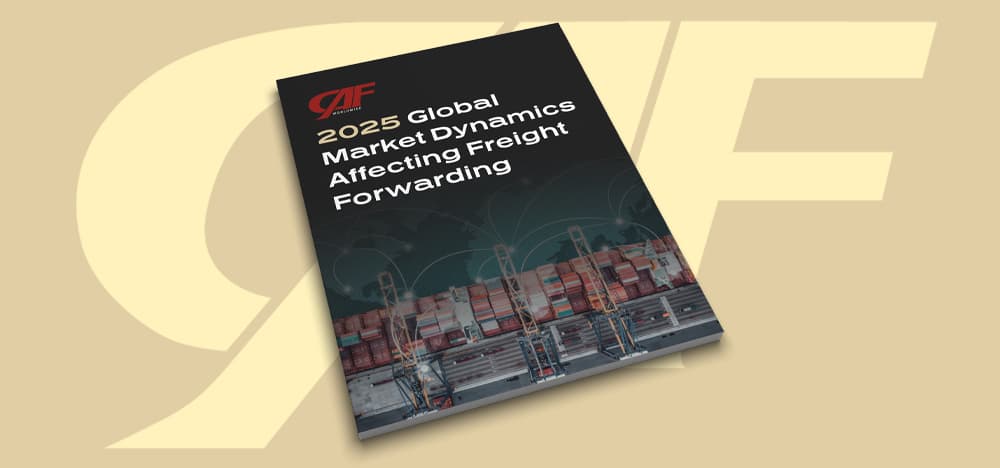
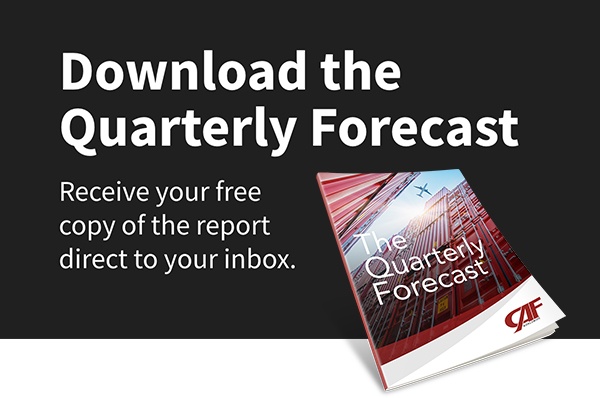

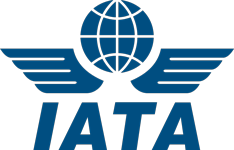





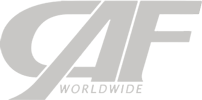 Copyright 2025 CAF Worldwide. All rights reserved.
Copyright 2025 CAF Worldwide. All rights reserved.